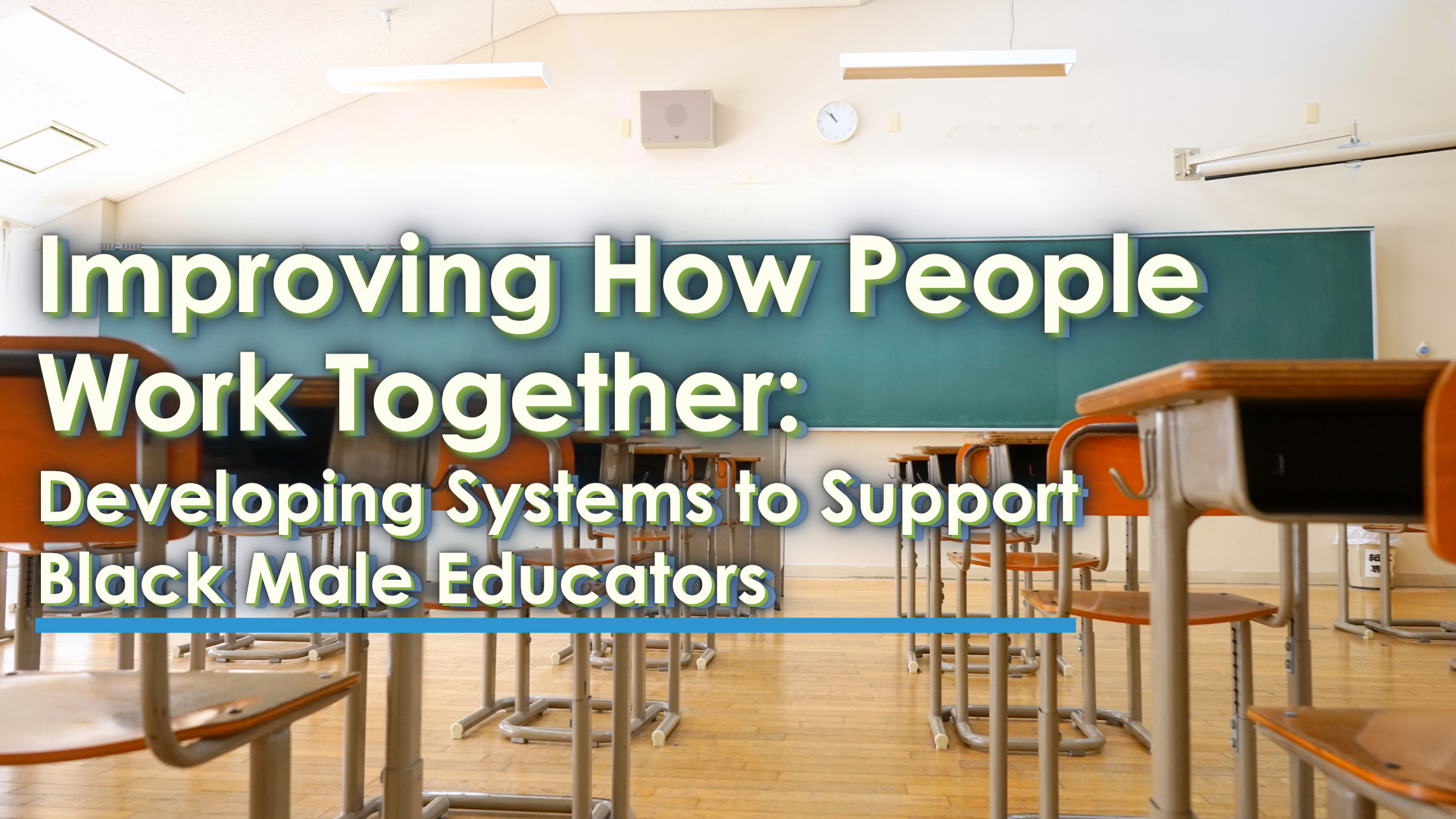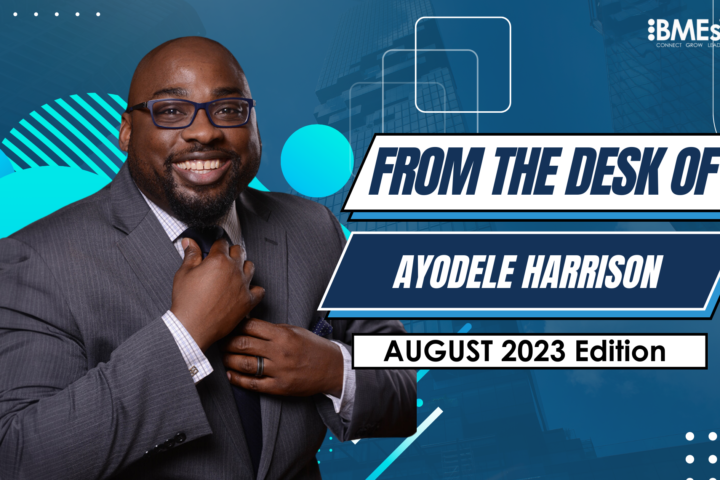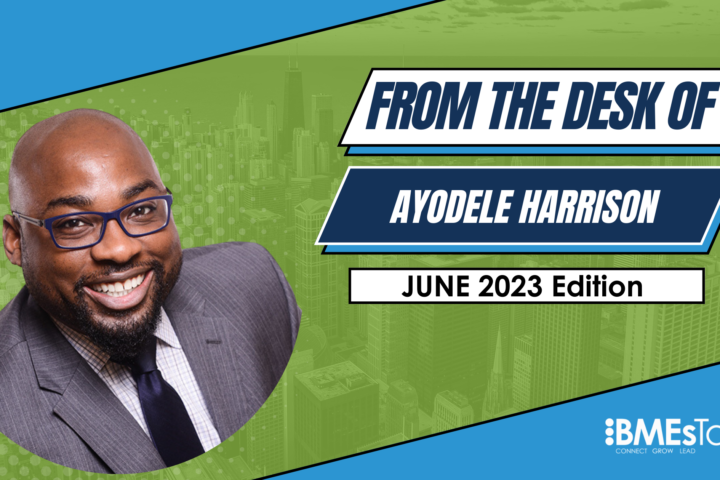Diverse and inclusive workforces in education are essential to ensuring that students have a quality educational experience. Unfortunately, one of the biggest challenges to this goal is the shortage of Black educators.
Despite students of color comprising over 50% of current classroom populations, there isn’t a correlation with the representation of educators of color, especially with Black male teachers. According to the National Center for Education Statistics, male educators only comprise about 23% of the public school workforce, and only about 2% of the total is Black male educators.
Regardless of race or ethnicity, it’s paramount that educational institutions attract and retain qualified and empathetic educators. But there is an abundance of evidence to suggest that diverse racial and ethnic demographics are influential factors in the educational experience.
The Necessity of Representation
Black male educators weren’t always rare in the classroom. In the early 20th century, historically Black colleges trained students to work as teachers and preachers, since those were the two professions available to African Americans at the time.
Many Black teachers studied at universities in northern states as well. Segregated schools had minimal resources, but they valued African American culture, history, and identity.
A shift happened in 1954. With the Brown v. Board effort to mandate desegregation and alleviate racial inequality in education, the historic ruling led Black educators to lose their positions.
The reason was simple – white leaders wanted white teachers and administrative staff in their newly integrated schools.
Though positive, other shifts led Black men away from the classroom, including new career options and better paying positions. Teaching wasn’t at the top of the list of promising careers, despite the fact that education is connected to everyone and everything.
Black male educators are still in high demand, and not just for Black students. Research indicates that the lack of Black male representation in education has implications for all students.
Amplify Black Voices in Curriculum
Black educators repeatedly advocate that Black stories should be included throughout the entire school year, not just during Black History Month. Black educations are weary of retelling the same stories about slavery, inequality, and injustices that have scarred them as a people.
Curriculum should also feature diversity among Black people to dispel stereotypes, recognize the contributions of diverse groups, and reflect the diverse backgrounds and experiences of Black students.
Identify and Eliminate Institutional Barriers to Equity
Equity audits are a helpful tool for supporting Black communities in schools. These audits highlight disproportionate student outcomes, such as dropout rates, and staff representation. When school leaders can identify where the disparities occur, they can identify why they occur and correct them.
But equity audits go beyond race. They need to consider gender, socioeconomic status, and other factors to see how they increase the barriers for different groups. For example, educational outcomes for homeless Black students may be significantly higher than among the rest of the Black student body. In that case, support systems for housing insecurity would be vital for equity.
Promote Racial Justice
Improving racial equity requires an opt-in from leadership, educators, and other school staff. Black male educators can’t shoulder the burden of addressing all things Black culture, such as trends, music, Black History Month ideas, and more.
The work needs to be equitably distributed in diversity education with all educators and staff. Effective communication between diverse people requires practice in professional development exercises, including not only Black educators but people of different origins, cultures, and religious groups.
Support Black Male Educators to Support All Students
Black male educators are essential to the educational experience. They need to be seen, heard, and supported to reach a truly diverse and inclusive educational workforce and ensure the success of all students.


